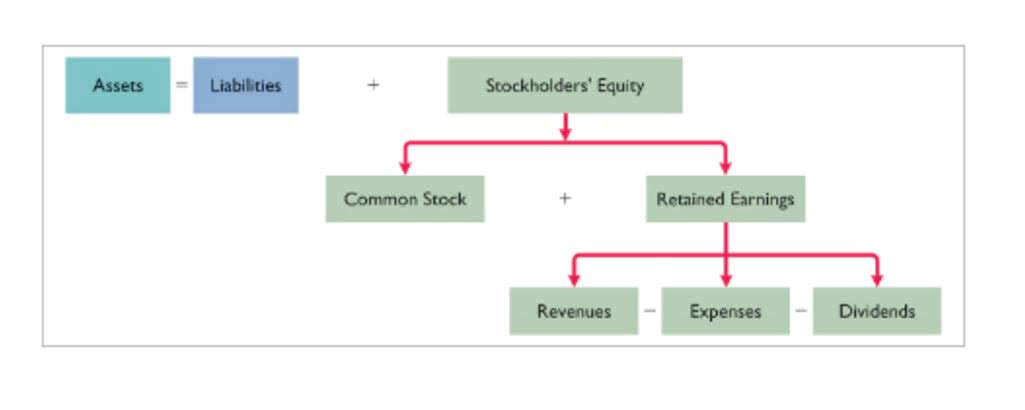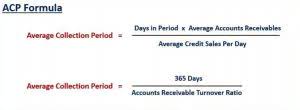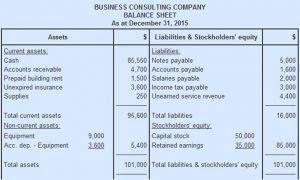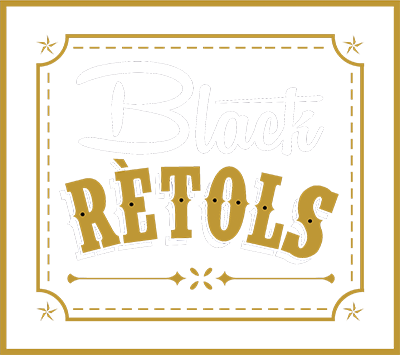
This guide offers valuable tips on how to avoid common Airbnb accounting and bookkeeping mistakes and the best practices to implement. Proper accounting and bookkeeping are crucial for Airbnb hosts online bookkeeping aiming to maximize earnings and manage finances effectively. Accurate record-keeping, expense tracking, and understanding tax laws can optimize your hosting business.
Bookkeeping & Accounting Trends 2025 for Australian Firms

Maintaining a clear distinction between your personal bank account and a dedicated business bank account is essential for accurate accounting and bookkeeping. Managing Airbnb finances effectively requires a strategic approach to accounting and bookkeeping. From setting up a dedicated financial system to automating income and expense tracking, hosts must stay organised to maximise profitability and maintain compliance with tax laws. By leveraging technology, keeping accurate records, and staying informed about tax obligations, Airbnb hosts can run a financially sound and successful rental business.
Record income

Keeping track of all these expenses and receipts can be cumbersome and stressful. Especially without the best accounting software for real estate flippers or short-term rental operators. For Airbnb hosts seeking to enhance earnings, imagine a hassle-free accounting system enabling focus on guest experiences. The Ultimate Airbnb Hosts Accounting & Bookkeeping Guide offers comprehensive insights. It covers tax implications, deduction optimization, and efficient bookkeeping, catering to both seasoned hosts and beginners.
What are the tax implications for Airbnb hosts in Canada?

Common expenses to track include mortgage interest, maintenance costs, supplies and furnishings, property taxes, occupancy taxes, internet and cable, insurance, and utilities. Accounting involves analyzing and interpreting the collected financial data to prepare financial statements. This process may help rental owners and managers understand each location’s profitability and make more informed business decisions. For example, you might decide to invest in popular property upgrades to enhance a particular location’s appeal or raise prices during Oil And Gas Accounting peak seasons. In this article, we’ve analyzed five different accounting tools to help you make an informed decision about the best one for your business. Airbnb collects and pays certain occupancy taxes for hosts in specific jurisdictions.
Step 2: Gather Your Tax Documents
You may still be required to collect occupancy taxes in some areas manually. Airbnb accounting and HOA accounting software can help by letting you split your payouts by property or percentage into multiple bank accounts using routing rules. Depending on the structure and listing, these fees can range from 3% to 16%. Inconsistent and unreported fees can complicate Airbnb bookkeeping, making it challenging for a vacation rental business to gauge its bottom line accurately. Vacation rental owners may spend money on general maintenance, repairs, cleaning, and other things not tracked on Airbnb. This includes every repair, from a $5 lightbulb to a $500 plumbing fix, and small expenses like new linens or kitchen supplies.
Deducting rental expenses is the best way to lower the income you're taxed on. This is where Airbnb accounting becomes crucial, accounting for airbnb as it involves carefully tracking and reporting your income and expenses. These transactions should be organized into a consolidated record of accounts called a general ledger.
How to Manage Rental Property Finances: A Complete Guide for Landlords

However, it can be a lifesaver for both small and large vacation rental management companies. Listing a property on Airbnb and collecting rental payments is relatively straightforward. But many hosts struggle with tracking expenses and understanding the rules around taxes on vacation rental income, including reporting requirements. Simply put, Airbnb accounting is the process of recording income and expenses related to your rental property. This sounds easy enough, but getting your numbers precise can be tricky, especially when you manage multiple Airbnb rentals using short-term rental property management software.
- This means that you need to treat your Airbnb income and expenses separately from your personal finances.
- This includes rental income and any additional earnings through Airbnb services.
- Depending on your location, you may be required to collect and remit occupancy taxes on behalf of your guests.
- For example, you might decide to invest in popular property upgrades to enhance a particular location’s appeal or raise prices during peak seasons.
Hosting
By diligently keeping track of your income and expenses, you can make informed decisions and ensure that your Airbnb business remains profitable. In this section, we will explore the key steps and best practices for effectively managing your expenses and monitoring your financial performance. As an expert Airbnb host, it is crucial to have a streamlined bookkeeping system in place to efficiently manage your finances. By implementing the right strategies and tools, you can save time and effort while maximizing your earnings. In this section, we will explore key steps to streamline your Airbnb bookkeeping process and ensure that your financial records are accurate and up-to-date. To streamline this process, consider using accounting software tools specifically designed for Airbnb hosts.
What Are the Basics of Airbnb Accounting?
- Steph’s Bookkeeping Service has knowledgeable bookkeeping professionals with over 25 years of experience in the industry.
- This means you can outsource your Airbnb accounting completely to Ximplifi if you want to.
- Airbnb hosts receive either a Form 1099-K or 1099-NEC, depending on their earnings and transactions.
- When you earn income from renting out your property on Airbnb, it is considered rental income and is subject to taxation.
- Use expense-tracking apps or cloud storage to maintain receipts and ensure compliance.
As an Airbnb host in Canada, you are required to report your rental income on your tax return. You may also be eligible for certain deductions and credits related to your hosting expenses. It is important to keep track of all your earnings and expenses for accurate reporting to the Canada Revenue Agency. You may also want to consult a tax professional for guidance on how to optimize your taxes as an Airbnb host. Fortunately, there are several accounting software solutions available that cater specifically to Airbnb hosts. These tools are designed to simplify the accounting process by automating tasks such as income tracking, expense management, and tax calculations.
How to Choose Automated Billing Software for Property Management
When you earn income from renting out your property on Airbnb, it is considered rental income and is subject to taxation. As an Airbnb host, you are considered self-employed, and therefore, you are responsible for paying self-employment tax. This tax is important to note as it covers your contributions to the Canada Pension Plan (CPP) and Employment Insurance (EI).
